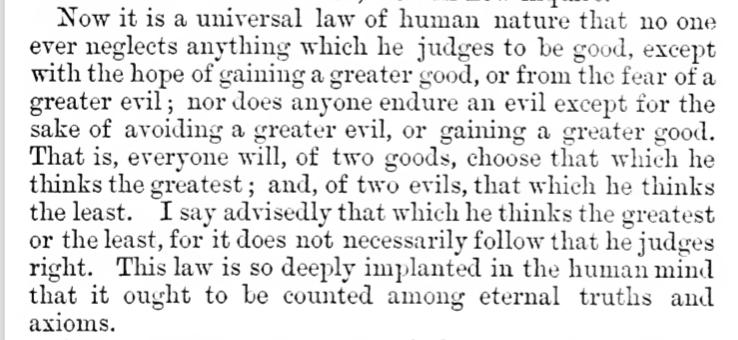(no subject)
Jun. 17th, 2022 04:52 pm“IV. (9)
The understanding
forms positive ideas
before
forming negative ideas.
V. (108:10)
It perceives things not so much under the condition
of duration as under a certain form of eternity, and in an
infinite number; or rather in perceiving things it does not
consider either their number or duration, whereas, in imagining
them, it perceives them in a determinate number, duration, and quantity.”--- Benedictus de Spinoza. “Improvement of the Understanding.”


